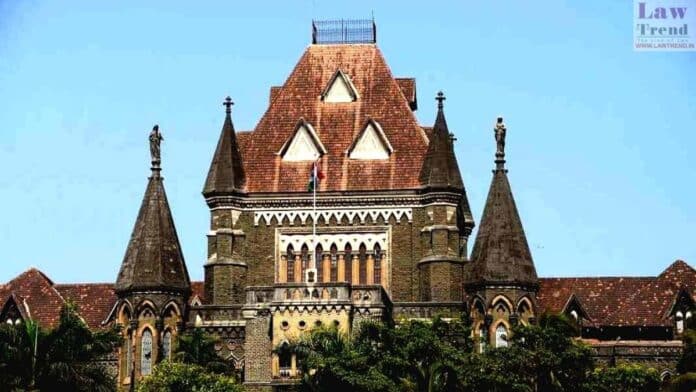The Bombay High Court has dismissed a petition challenging the provision of unlimited attempts for Scheduled Caste/Scheduled Tribe (SC/ST) candidates in civil services examinations. The court affirmed that the SC/ST category is a distinct class recognized by the Constitution, and thus, the reservation criteria set for them are not arbitrary.
The petition, filed by Dharmendra Kumar, a 38-year-old civil services aspirant from the Other Backward Class (OBC) category, argued that the rule allowing unlimited attempts for SC/ST candidates was discriminatory. Kumar, who has unsuccessfully attempted the civil services examination nine times, contrasted this with the prescribed nine attempts for OBC candidates and Persons with Benchmark Disability (PwBD), and only six for the general category.
The division bench, comprising Justices Bharati Dangre and Ashwin Bhobe, delivered their judgment on February 4, stating that the petition did not present any valid grounds for challenging the existing rules. The justices highlighted the constitutional recognition of the SC/ST as a separate class from the OBC, noting that the criteria applied to them could not be deemed arbitrary.
The court further explained that the distinctions made in the Civil Services Examination Rules are consistent with the constitutional provisions for reservation. SC/ST candidates are afforded unlimited attempts, reflecting the unique socio-economic challenges faced by these communities, whereas OBC candidates and those with benchmark disabilities are given a set number of attempts.
Additionally, the court addressed the horizontal reservation for PwBD, which intersects with vertical reservations such as those for SC/ST and OBC categories. It clarified that within the PwBD category, an SC/ST candidate would inherently be in a different position compared to candidates from other categories.




